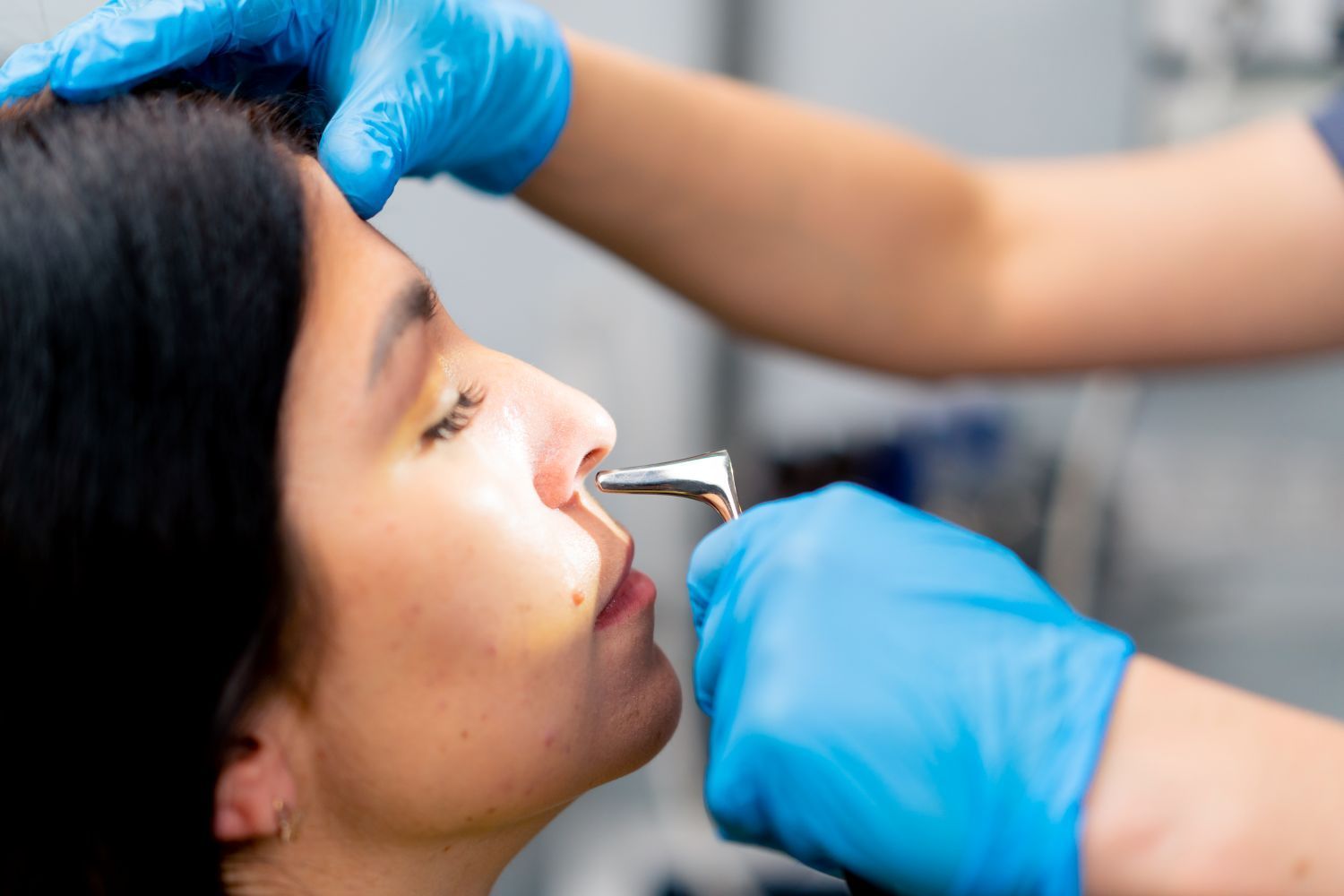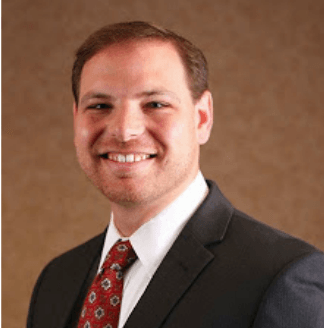What Causes Nasal Congestion?
Nasal congestion is a common complaint among people of all ages and can significantly impact quality of life. The symptom can stem from a several causes, including anatomic and inflammatory issues of different areas of the nose. Here, I will discuss more about nasal congestion and how it's treated.

A common anatomical cause of nasal congestion is a problem with the nasal valve, which is the narrowest part of the nasal airway and critical for proper airflow. When the nasal valve is compromised, either due to structural abnormalities or inflammation, it can lead to a blockage of the nose. For those suffering from nasal valve issues, a nasal valve treatment might be recommended.
Another anatomical contributor to nasal congestion is the septum, the wall between the two nasal passages. A deviated septum, where the septum is displaced to one side, can obstruct airflow and cause chronic congestion. In cases where a deviated septum is the primary cause of breathing impairment, septoplasty may be performed to straighten the septum and alleviate symptoms.
The inferior turbinates are structures located inside the nose that help humidify and filter the air we breathe. When they become enlarged — a condition known as inferior turbinate hypertrophy — they can significantly reduce nasal airflow and lead to congestion. This enlargement can be due to allergies, irritants, or even hormonal changes.
Additionally, the adenoids, which are lymphatic tissue in the back of the nasal cavity, can become swollen due to infection or allergies, blocking airflow through the nasopharynx. While more common in children, enlarged adenoids can affect adults and contribute to nasal obstruction.
Inflammation within the nose can also cause nasal congestion, often associated with conditions such as allergies or sinusitis. Inflammatory issues can lead to the growth of nasal polyps, benign swellings that arise from the mucous membranes and can obstruct nasal passages.
Nasal masses, or sinonasal neoplasms, though less common, are a serious cause of nasal congestion to consider. These growths can be benign or malignant and may require specialized care from a team experienced in skull base surgery.
Nasal congestion can arise from several areas of the nose. Identifying the underlying issue helps one in choosing an appropriate treatment plan. Whether it's structural anomalies like a deviated septum or inflammatory conditions such as allergies leading to turbinate hypertrophy or nasal polyps, understanding the root cause is an important step toward relief. If you're experiencing persistent nasal congestion, consulting Dr. Thomas Higgins, a rhinologist dedicated to sinus relief so you can take the most effective course of action for your nasal congestion.















